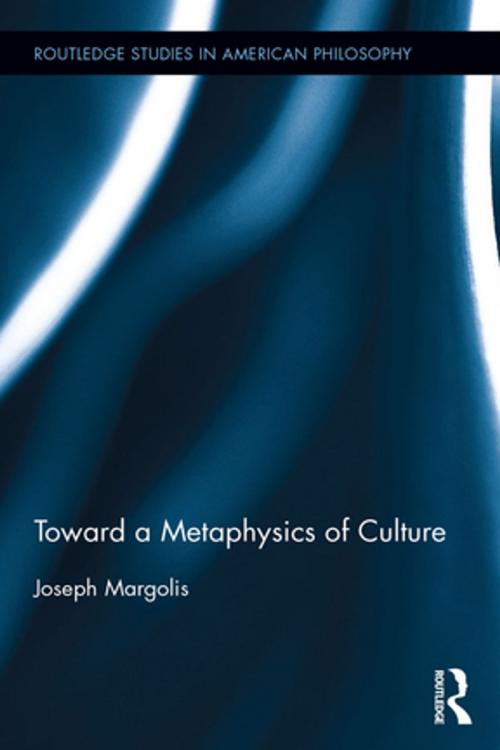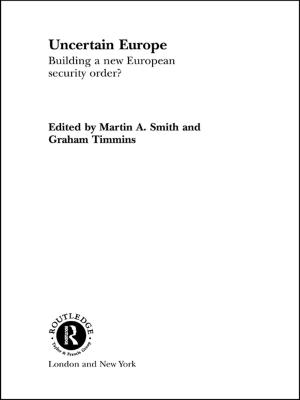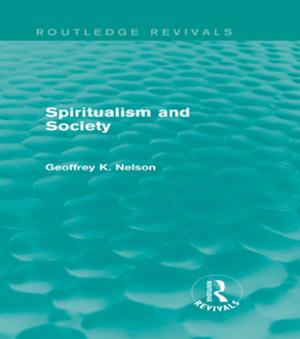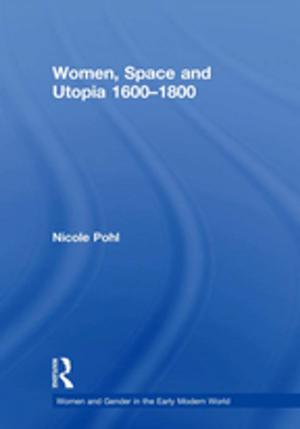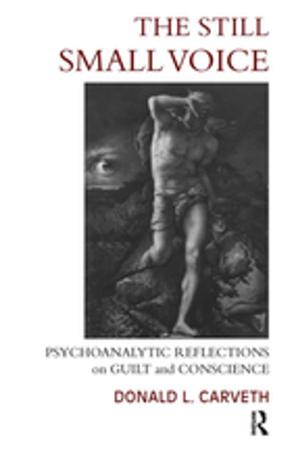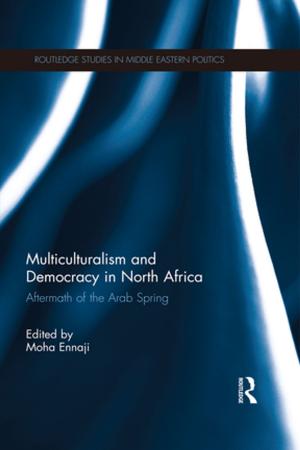Toward a Metaphysics of Culture
Nonfiction, Religion & Spirituality, Philosophy, Pragmatism, Metaphysics| Author: | Joseph Margolis | ISBN: | 9781317234562 |
| Publisher: | Taylor and Francis | Publication: | March 2, 2016 |
| Imprint: | Routledge | Language: | English |
| Author: | Joseph Margolis |
| ISBN: | 9781317234562 |
| Publisher: | Taylor and Francis |
| Publication: | March 2, 2016 |
| Imprint: | Routledge |
| Language: | English |
Toward a Metaphysics of Culture provides an initial, minimal, and original analysis of the concept of uniquely enlanguaged cultures of the human world and of the distinctive metaphysical features of whatever belongs to the things of that world: preeminently, persons, language, actions, artworks, products, history, practices, institutions, and norms. Emphasis is placed on the artifactual and hybrid nature of persons, naturalistic and post-Darwinian evolutionary considerations, and the bearing of the account on a range of disputed inquiries largely centered on the relationship between physical nature and human culture and between the natural and human sciences. The schema offered lays a foundation for a closer analysis of the human mind, cognition, interpretation, nomologicality, normativity, intentionality, realism, and related matters. The central thesis advances the heterodox notion, congruent with post-Darwinian studies in paleoanthropology, that the human person is a natural artifact, a functional transform of the primate members of Homo sapiens, by way of a complexly intertwined biological and encultured evolution, primarily dependent on the invention, transmission, and mastery of true language and the novel hybrid abilities that that makes possible. The emergence of persons is taken to be the obverse side of the mastery of language itself.
Toward a Metaphysics of Culture provides an initial, minimal, and original analysis of the concept of uniquely enlanguaged cultures of the human world and of the distinctive metaphysical features of whatever belongs to the things of that world: preeminently, persons, language, actions, artworks, products, history, practices, institutions, and norms. Emphasis is placed on the artifactual and hybrid nature of persons, naturalistic and post-Darwinian evolutionary considerations, and the bearing of the account on a range of disputed inquiries largely centered on the relationship between physical nature and human culture and between the natural and human sciences. The schema offered lays a foundation for a closer analysis of the human mind, cognition, interpretation, nomologicality, normativity, intentionality, realism, and related matters. The central thesis advances the heterodox notion, congruent with post-Darwinian studies in paleoanthropology, that the human person is a natural artifact, a functional transform of the primate members of Homo sapiens, by way of a complexly intertwined biological and encultured evolution, primarily dependent on the invention, transmission, and mastery of true language and the novel hybrid abilities that that makes possible. The emergence of persons is taken to be the obverse side of the mastery of language itself.
